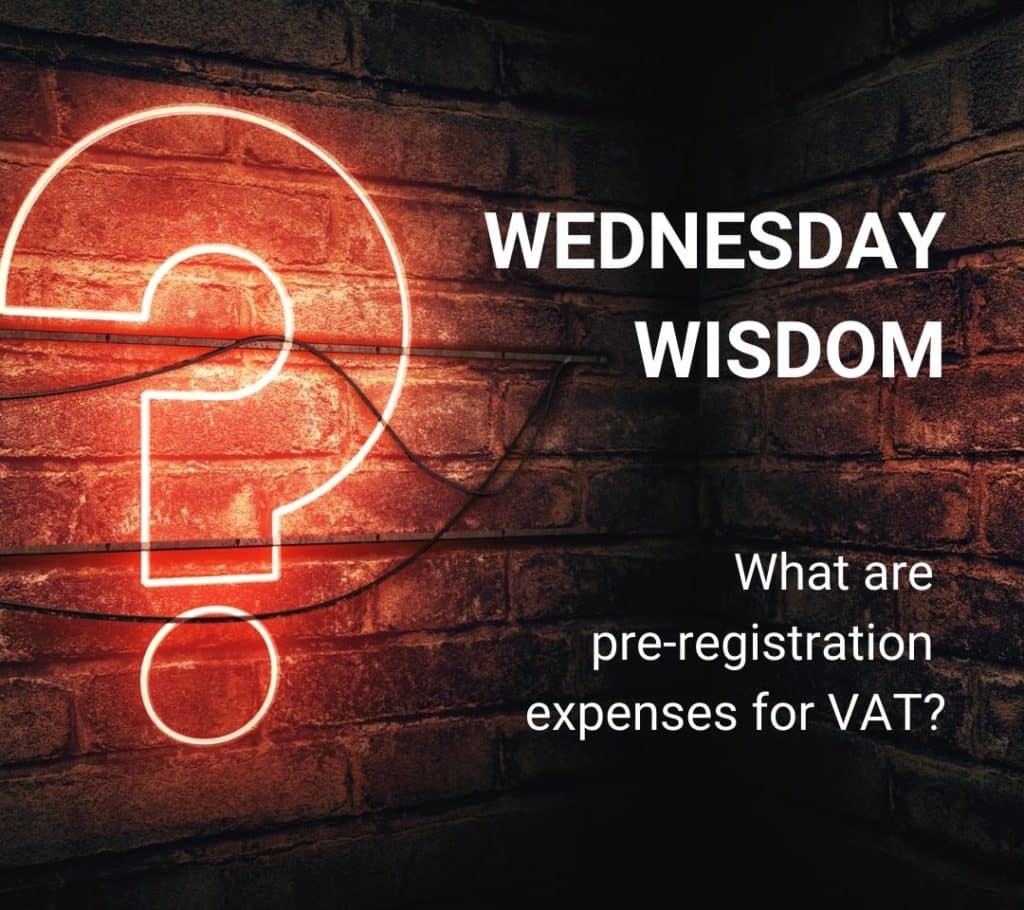Originally due to end on 31 October, the Coronavirus Job Retention Scheme (CJRS) will now remain open until 31 March 2021. The scheme had already been extended to December 2020 following the announcement of a new national lockdown for England.
For claim periods running ‘through to January 2021’ (so we assume that means all of November and December at least and most probably January too), employees will receive 80% of their usual salary while on furlough, subject to a cap of £2,500. The CJRS extension will be reviewed in January to examine whether the economic circumstances are improving enough for employers to be asked to increase contributions.
Meanwhile, employers will be asked to continue to cover the costs of employer national insurance and pension contributions for hours not worked. According to the government: “For an average claim, this accounts for just 5% of total employment costs or £70 per employee per month.”
Employers concerned about how to implement changes to working agreements retrospectively can be reassured that as long as they are consistent with employment law, furlough agreements made retrospectively that have effect from 1 November 2020 can support a furlough grant claim. However, these retrospective agreements must be in place on or before 13 November 2020 to be relied on for this purpose.
The government will not pay the Job Retention Bonus in February but, according to an economic factsheet accompanying the latest announcements, will instead redeploy a retention incentive “at the right time”. So no idea what that means in practice.
The Job Support Scheme, originally due to replace the CJRS on 1 November but superseded by the furlough extension, could still be revived at a later date.
Further support for the self employed has also been announced with the level of the third SEISS grant increased to 80% of trading profits covering November to January for all parts of the UK. It is calculated based on 80% of three months’ average trading profits, paid out in a single instalment and capped at £7,500.
The window for claiming the third grant will open on a phased basis from 30 November and HMRC expects to pay grants within six working days of the date of the claim.
However many small business owners (for example those that took dividends rather than a salary linked to the performance of their business) continue to miss out on any government support. An opportunity has been missed to address this unfairness.
The government also announced a raft of further measures including:
- cash grants of up to £3,000 per month for businesses which are closed
- £1.1bn to local authorities, distributed on the basis of £20 per head, for one-off payments to enable them to support businesses more broadly
- plans to extend existing government-backed loan schemes and the Future Fund to the end of January, and an ability to top-up Bounce Back Loans
- an extension to the mortgage payment holiday for homeowners
Access to the existing government-backed loan schemes has been a vital source of additional funding for many businesses but remains problematic for some depending on who a business banks with.








